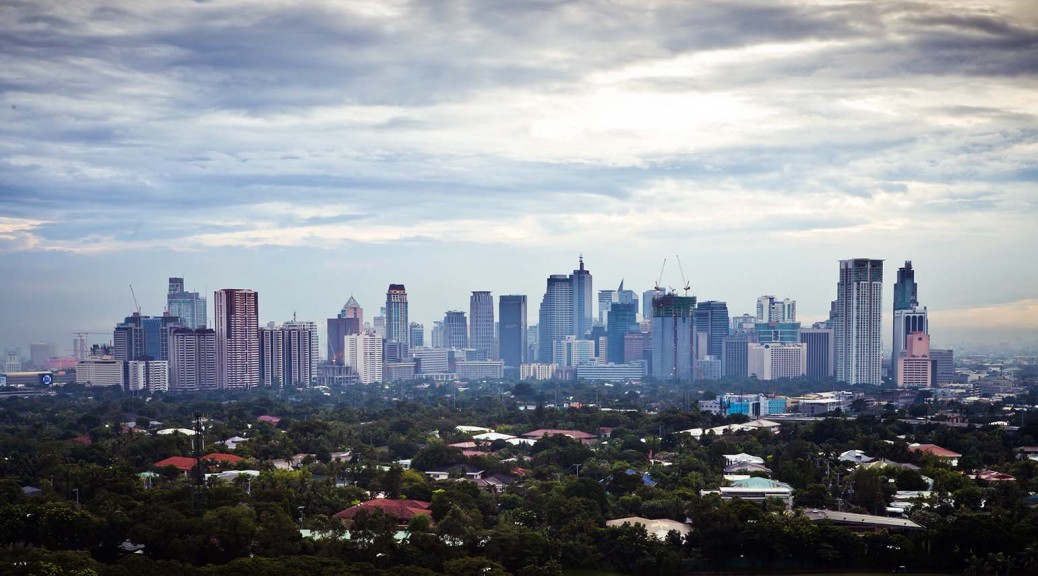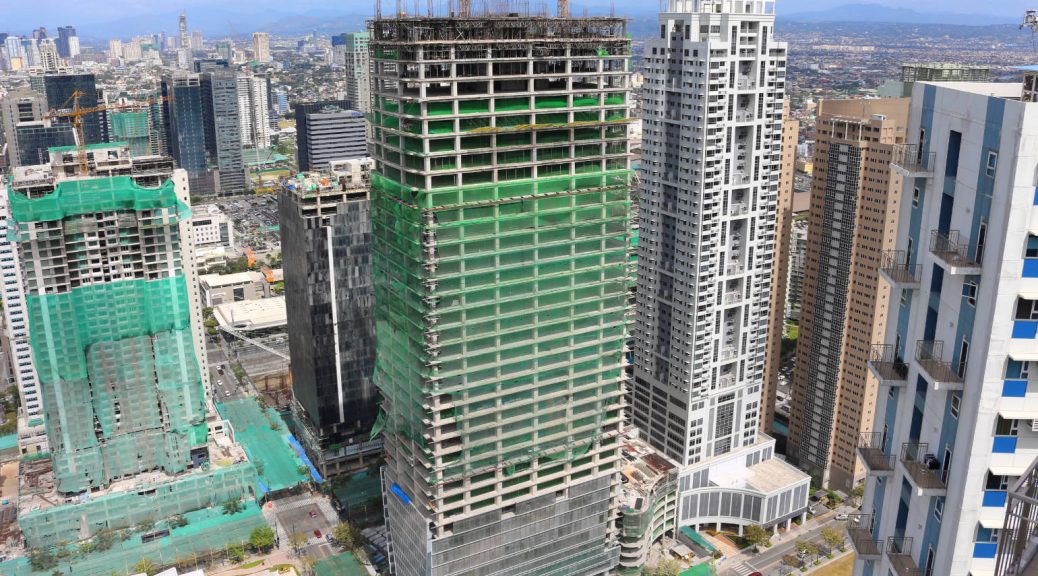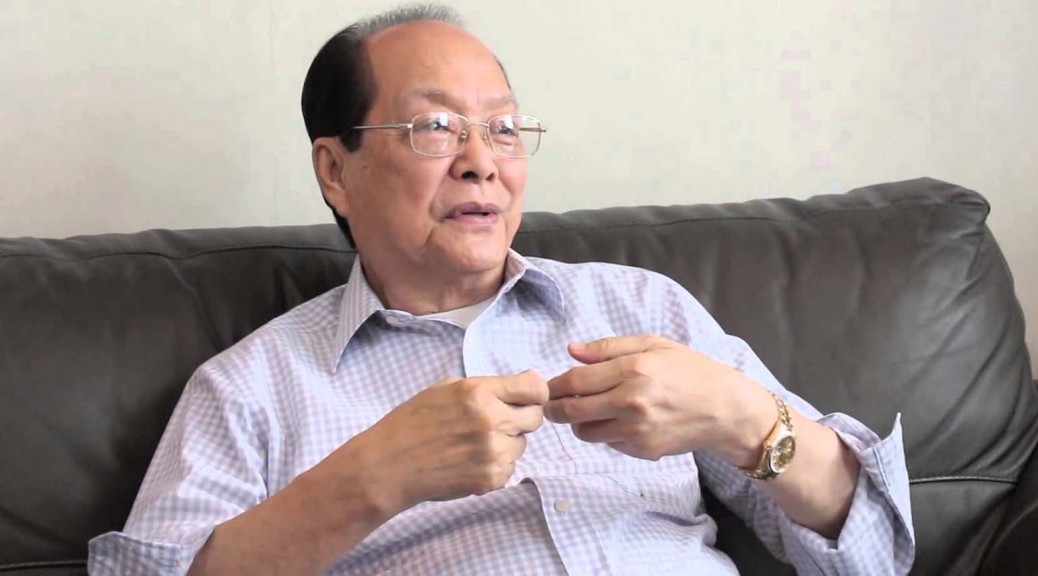
Property for Sale in Philippines: Can Foreigners Own Them?
When foreigners come across a good property for sale in Philippines, a few questions come to mind quickly. One of the very first of these questions is also the most important. Can foreigners own real estate in the country?
The short and quick answer is yes.
However, there are some qualifications that have to be considered. That’s what we are going to discuss in this post.
Am I considered a foreigner?
Before we start qualifying, let’s first understand the legal meaning of the word “foreigner”. This is important because this is the basis of everything on this topic.
A foreigner, or a foreign national is someone who is not a Filipino citizen. A foreigner may be a natural person, a human being. It can also be a partnership, corporation or any legal entity or organization that is not formed under Philippine law.
The 2 kinds of “foreigners”
For natural persons, there are these 2 kinds of foreigners:
- A citizen of another country since birth
- A natural-born citizen of the Philippines who has lost his Philippine citizenship
The first kind are those people who were born in another country and have always been a non-Filipino citizen. For purposes of this discussion, let’s refer to them as real foreigners.
While the second one are those who were born Filipinos but by some legal process, acquired citizenship in another country. An example is a Filipino who became a naturalized US citizen after being in that country for some time. In this post, let’s call them former Filipinos.
Can real foreigners buy a property for sale in the Philippines?
This depends on the type of property we are talking about. If we are talking about land or other stand-alone piece of real estate, then the answer is no. No less than the Philippine Constitution prohibits this in order to preserve national patrimony.
But if we are talking about properties under a condominium corporation, then the answer is yes. This goes not only to natural persons but to legal entities as well, such as corporations.
And when we say “condominium corporation”, it means a corporation specially created to own a condominium community. This corporation is composed of the people who own a unit within that condominium community.
Also, contrary to what most people think, a condominium means not only those tall buildings with residential units in them. Those are what we call “vertical communities” in the industry jargon. But a condominium can also be a “horizontal” one. I’m talking about townhouse communities and subdivisions.
A condominium corporation, being a corporation, also has the fundamental characteristics of any other corporation. This includes the allowance of up to 40% share of interest to be owned by foreigners. It is through this operation of law that foreigners are allowed to own properties in the Philippines.
When a foreigner buys a property in a condominium community, this law operates in the background, making his purchase legal. The process of buying the property is just the same with the usual real estate sale. There is nothing complicated that needs to be done by the foreigner.
How about former Filipinos?
For former Filipinos, the Constitution provides them with more privileges in owning real estate in the country. Article XII therein, Section 8 to be exact, provides that:
x x x x xSECTION 7. Save in cases of hereditary succession, no private lands shall be transferred or conveyed except to individuals, corporations, or associations qualified to acquire or hold lands of the public domain.
SECTION 8. Notwithstanding the provisions of Section 7 of this Article, a natural-born citizen of the Philippines who has lost his Philippine citizenship may be a transferee of private lands, subject to limitations provided by law.
x x x x x
Former Filipinos can still buy real estate in the country as if they were still Filipino citizens. This means they can buy land, houses (even those not under a condominium corporation), and of course, condominium units. But they are now subject to the limitations of other existing laws.
These laws that impose those limitations are (1) Batas Pambansa Blg. 185 and (2) Foreign Investment Act of 1991 as amended by RA No. 8179.
BP 185 prescribes the guidelines on land ownership by former Filipinos for purposes of establishing residence. Section 10 of RA 8179 stipulates entitlements and conditions for land acquisition for investment purposes.
For an easy reference, here are the pertinent provisions of those laws (as consolidated by the LRA):
| Particulars | Provision under BP 185 (for establishing residence) | Provisions under RA 7042 as amended by RA 8179 (for investment) |
|---|---|---|
| Size/Area of Coverage |
|
|
| Land Acquisition for Both Spouses |
|
|
| Additional Land Acquisition |
In case he/she already owns urban or rural lands for residential purposes, he/she may acquire additional urban or rural lands, which when added to those he/she presently owns shall not exceed the authorized maximum area. |
In case he/she already owns urban or rural lands for business purposes, he/she may acquire additional urban or rural lands, which when added to those he/she presently owns shall not exceed the authorized maximum area. |
| Limits to Acquisition of Land |
A person may acquire not more than two (2) lots which should be situated in different municipalities or cities anywhere in the Philippines, provided that the total area of these lots do not exceed 1,000 sq. meters for urban land or one (1) hectare for rural land for use as residence. An individual who has already acquired urban land shall be disqualified from acquiring rural land and vice versa. |
A person may acquire not more than two (2) lots which should be situated in different municipalities or cities anywhere in the Philippines, provided that the total area of these lots do not exceed 5,000 sq. meters for urban land or three (3) hectares for rural land for business purposes. Under Section 4 of Rule XII of the Implementing Rules and Regulations of RA 7042 as amended by RA 8179, a transferee who has already acquired urban land shall be disqualified from acquiring rural land and vice versa. However, if the transferee has disposed of his/her urban land, he/she may still acquire rural land and vice versa, provided that this will be used for business. A transferee of residential land acquired under Batas Pambansa Blg. 185 may still avail of the privilege granted under this law. |
| Use of Land |
The acquired land should not be used for any purpose other than for residence. |
Section 5 of Rule XII specifically states that “the land should be primarily, directly, and actually used in the performance or conduct of the owner’s business or commercial activities in the broad areas of agriculture, industry and services including the lease of land, but excluding the buying and selling thereof”. |
| Special Requirements |
In addition to the requirements provided for in other laws for the registration of titles to lands, the transferee should submit to the Register of Deeds of the province or city where the property is located a sworn statement stating the following:
|
In addition to the usual registration requirements pertinent to the conveyance of real estate, the transfer contemplated shall not be recorded unless the transferee submits to the Registry of Deeds of the province or city where the land is situated, the following:
|
| Violations and Penalties |
Violations through:
shall be penalized by the following:
|
Key Takeaway
In a nutshell, foreigners are allowed to own real estate properties in the Philippines. For real foreigners, the property just has to be under a condominium corporation. The easiest way is to buy a property for sale from developers. Another way, although more complicated, is forming a corporation here and let that corporation own the properties.
Either way, the corporation will have to be owned 60% by Filipino citizens.
Further Reading
You may also want to check out this other article which is connected to the same topic:
5 Smart Questions Every Foreigner Should Ask Before Investing in Residential Condominiums in the Philippines
Are you a non-Filipino who wants to purchase a property for sale in the Philippines?
Be sure you do it the right way by getting the help of the right professionals. This will keep you away from trouble right from the start. See how we can help you today:
-
Jason Kh
-
Nimrod Flores
-
-
Andy Taylor
-
Rabih Waked
-
Nimrod Flores
-
-
Maricris Ojeda
-
Nimrod Flores
-
-
shizuya
-
Bhae
-
JaneDoe
-
Aaron
-
Respect Family














